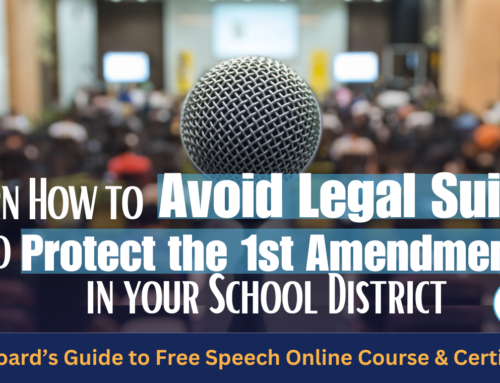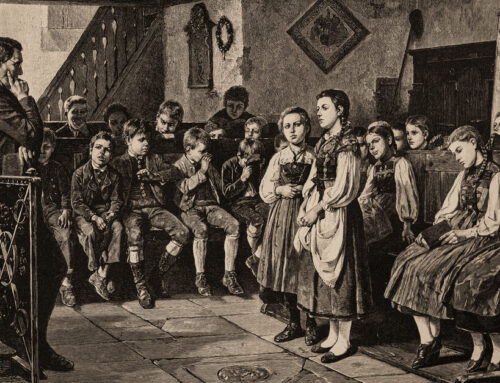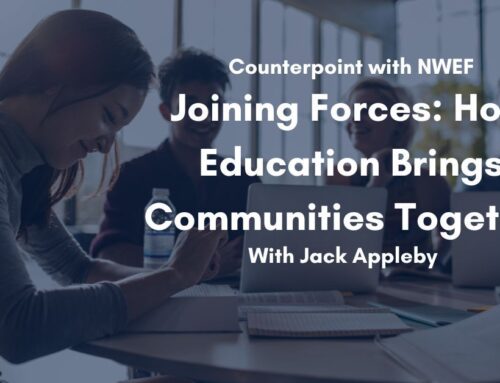
The process of challenging school library books has reached all new heights as some members of Congress met to discuss the potential implications of pulling books off the shelves.
Last Thursday, to commemorate National Library Week, the U.S. House of Representatives’ Subcommittee on Civil Rights and Civil Liberties held a three-hour hearing to discuss the justification of removing books in light of the First Amendment.
The purpose of Congressional hearings are typically for these reasons: “to consider pending legislation; to investigate issues that may require legislation in the future; and, to investigate and oversee federal programs. [Hearings] reflect the most important issues of the day and what occupies congressional attention.” In other words, Congress believed the issue of challenging books was important and needed to be addressed.
“Many books are being targeted for censorship these days, simply because they address racism or white supremacy, or address human sexuality or LGBTQ issues,” Chairman Jamie Raskin said in his opening statement. “The protagonist or the author is gay or a person of color or some other allegedly objectionable reason.”
Raskin went on to share a few short stories of First Amendment court cases, such as Board of Education vs. Pico in 1982. In this case, the Supreme Court rejected a school board’s attempt to remove books from the community’s library.
“‘The selective removal of books from school libraries because someone considers the content offensive directly and sharply impedes students’ free speech and thought,’” he read from the Court’s ruling. “‘The answer to books whose content or viewpoint you oppose or even deplore’—check out this powerful logic—‘is to not read them or to write a negative review, or even’—shades of Voltaire here—‘write your own book in answer.’”
Raskin noted how in 2021, the American Library Association recorded the highest number of challenged books in its 20-year history of tracking such data. They reported that there were 729 attempts to remove almost 1,600 books. Hundreds of school books across the country are being challenged, with several of them dealing with race and LGBTQ issues.
Vice chairwoman Nancy Mace responded that censorship is much worse on college campuses. In these cases, voices are silenced because they’re not progressive enough.
“There have been disturbing campaigns to expel students, fire faculty, or disinvite speakers whose views are considered to go against the progressive consensus or group think,” Mace said. “These universities and colleges are unlawfully stifling free speech to coddle young adults at a time when they should be exposed to a variety of ideas and perspectives. While progressive activists shut down speech on college campuses, they are trying to hyper-expose children who are still learning to read and write, add and subtract.”
Yet, most people came to the hearing to testify against challenging school books. High school student Christina Ellis from the Central York District in Pennsylvania testified that book bans are hiding real history and excluding certain people.
“In elementary school when the teacher would put a documentary on about slavery, some kids would turn around and stare at me, the only black girl in the classroom,” Ellis said. “Books that highlight our differences and teach others how to address diversity are crucial. These books shouldn’t be up for debate.”
School board members, like in Ellis’ Central York District, maintain that schools are not banning books, but putting a “freeze” on them until they can be vetted.
Books that have been repeatedly under attack are Gender Queer and Lawn Boy because of their sexually explicit scenes and dialogue. Dr. Jonathan Pidluzny, Vice President of Academic Affairs for the American Council of Trustees and Alumni, testified in favor of vetting such books.
“Gender Queer and Lawn Boy are so graphic that parents reading them at school board meetings have repeatedly been stopped because the content is so obscene,” said Pidluzny. “When school board members judge content too hot for adults to handle, it isn’t censorship to remove them from school libraries. It’s their responsibility.”
During the question and answer portion, Vice Chairwoman Mace posed the question that if books were not available in schools, wouldn’t they be available other places, like public libraries, book stores, Amazon, or thrift stores?
“So what you’re saying, there’s more than one opportunity for a parent or a kid to get a book? They’re not limited to public schools, they can get a book in a lot of places, even a coffee shop if they wanted to, right?” asked Mace.
“We’re going to advance the First Amendment values that all of us hold dear, if we can step a little beyond our own sense of grievance and indignation,” Raskin said, bringing the hearing to a close. “Let’s try to maintain a sense of balance, and we can talk about how to improve the climate for everybody.”
Do you think school library books should be challenged? Could there be a solution for both sides of the argument?




